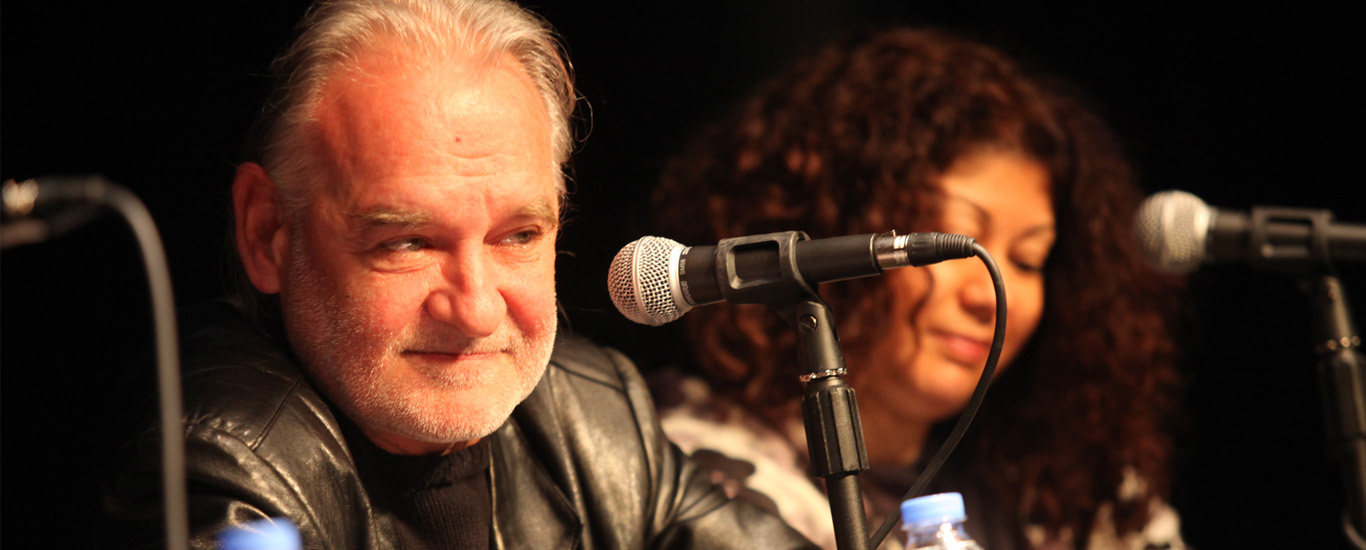Béla Tarr was born in 1955 in the Hungarian city of Pécs. He began filming with an 8 mm camera when he was 16. He first decides to study philosophy, but the university administration does not let him. He gets in trouble with the regime because of the films he made even when he was a young man. With the aid of the small, independent Hungarian film studio, Béla Balász, he completes his first feature Családi Tüzfészek / Family Nest (1979). A year later, this time with Mafilm, he makes Szabadgyalog / The Outsider, which is followed by Panelkapcsolat / The Prefab People.
Dealing with social issues in his first three films, Béla Tarr handles the problems of his countrymen who are crushed by poverty in his later films, also searching for replies to certain ontological questions. A firm believer in the thought that there is a reason for everything in the universe, Tarr perceives the human being as one of the smallest units of the universe. Kárhozat / Damnation (1988), one of the most memorable films in history, the 450-minute Sátántangó / Satantango (1994), and Werckmeister Harmóniák / Werckmeister Harmonies (2000) which combines sadness with melancholy, in this sense, are perfect examples to the director’s films where he examines existential issues and tackles facts such as poverty, decadence and moral failure.
Building a fan base for himself with his long take plan sequences similar to his fellow director Miklós Jancsó and impressive cinematography that does not stray away from black and white, Béla Tarr is also distinguished with his themes that are profoundly mystical and philosophical though not metaphysical. Because he believes that no new stories are told since the Old Testament, Béla Tarr does not watch films or try to tell stories, and thinks that screenplays and storyboards are “stupid”, and thus has established an idiosyncratic film production method. Tarr once again surprised his followers when he announced that he will not be making films any more following his latest work A torinói ló / The Turin Horse, which won him the Silver Bear and the FIPRESCI Prize at Berlin Film Festival.
– Barış Saydam









